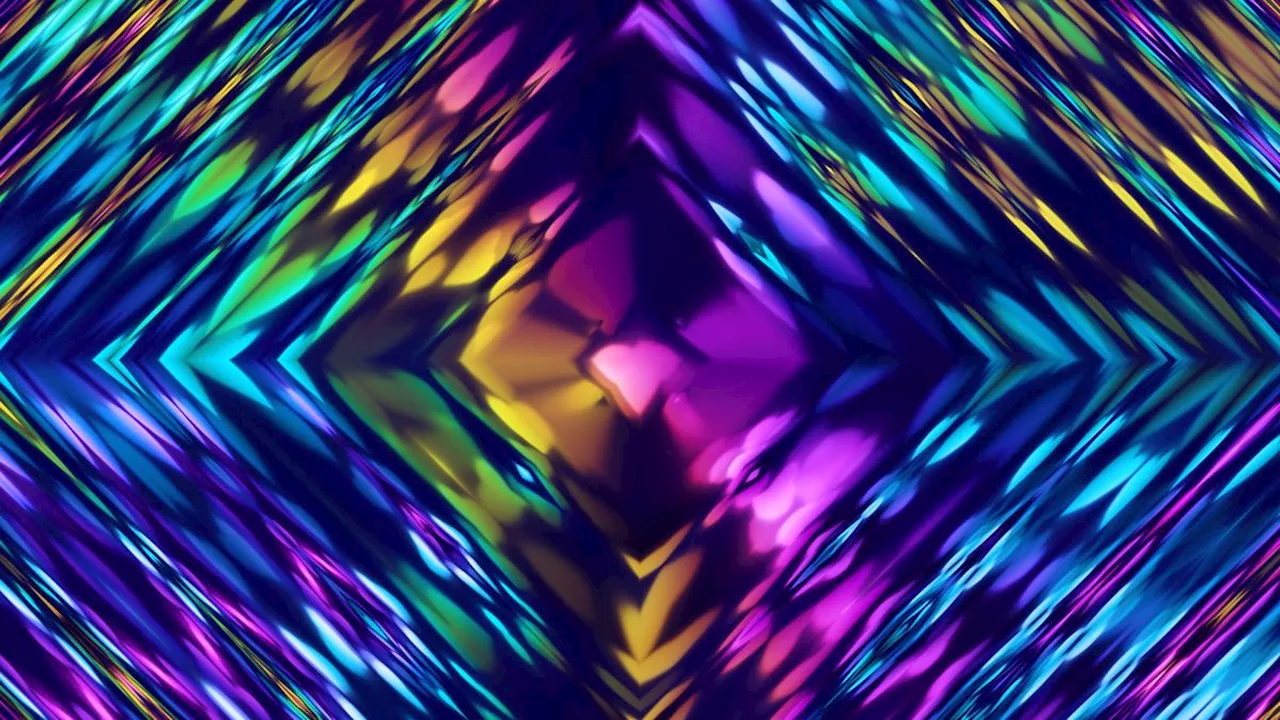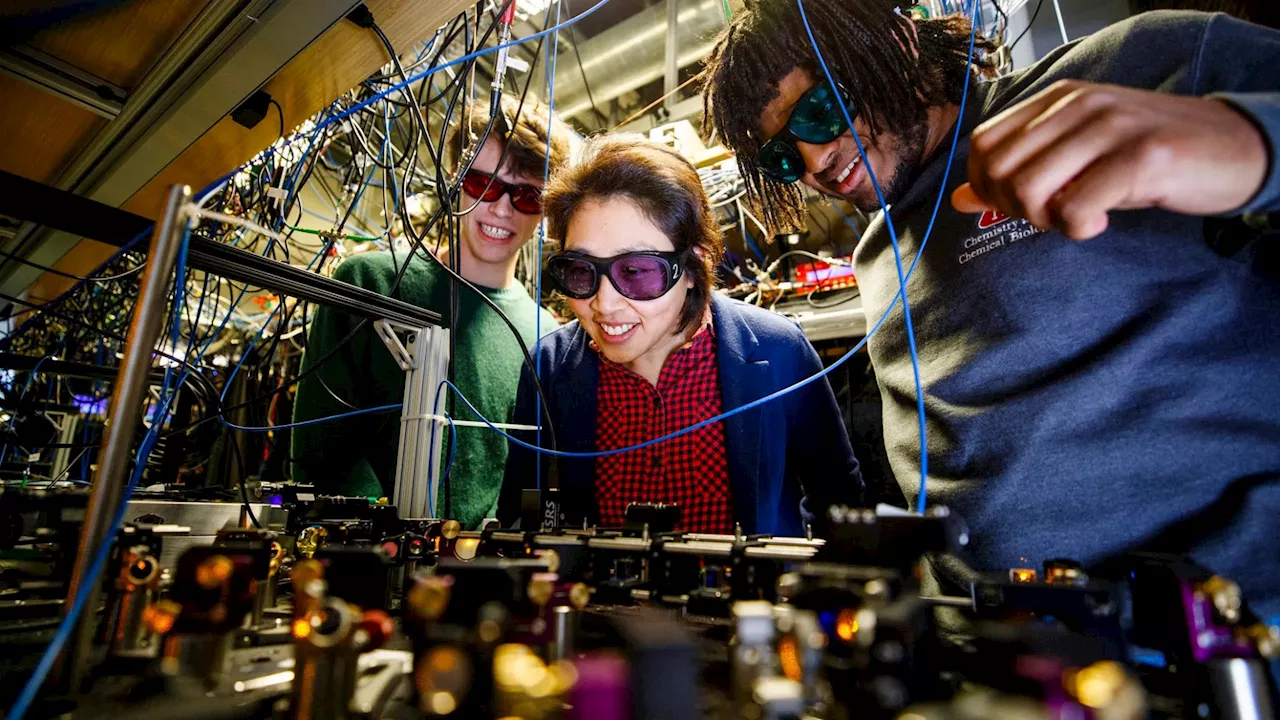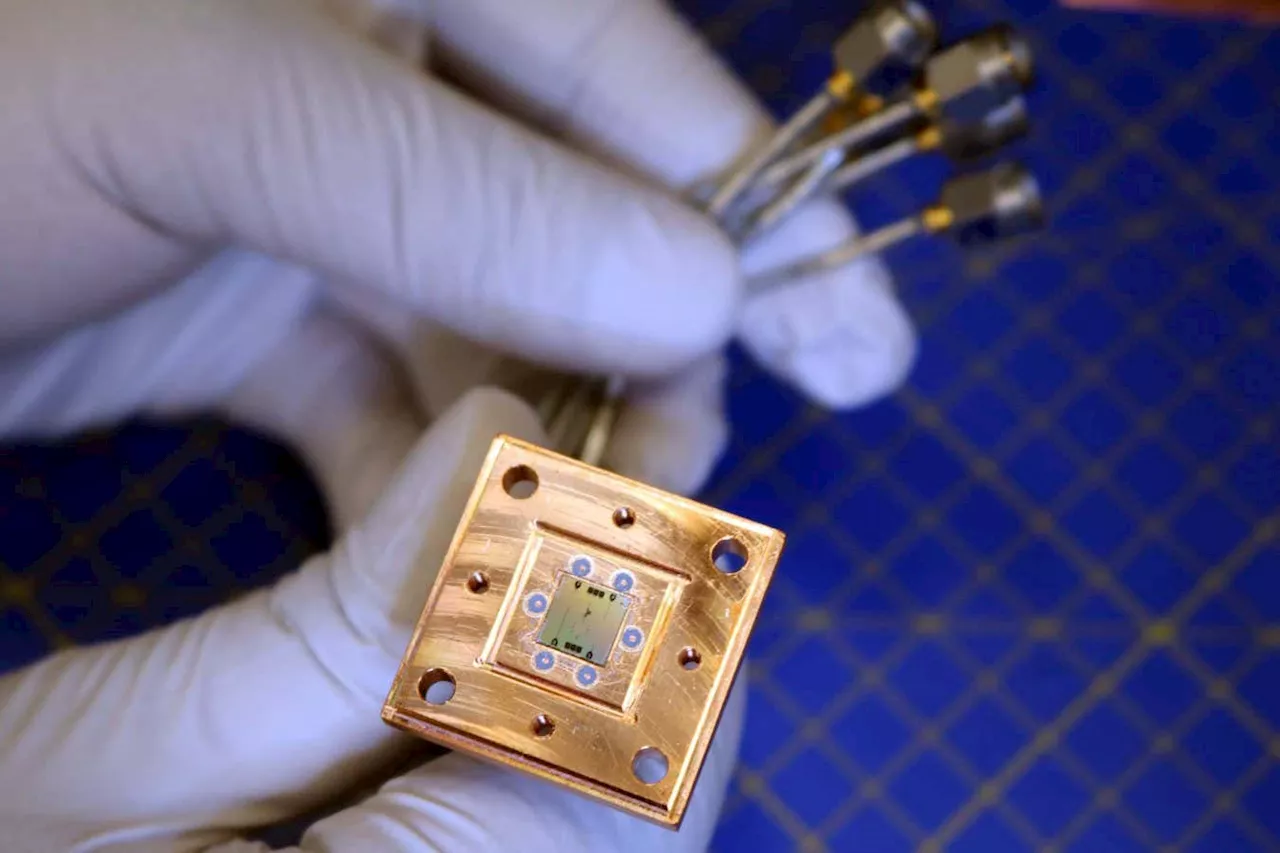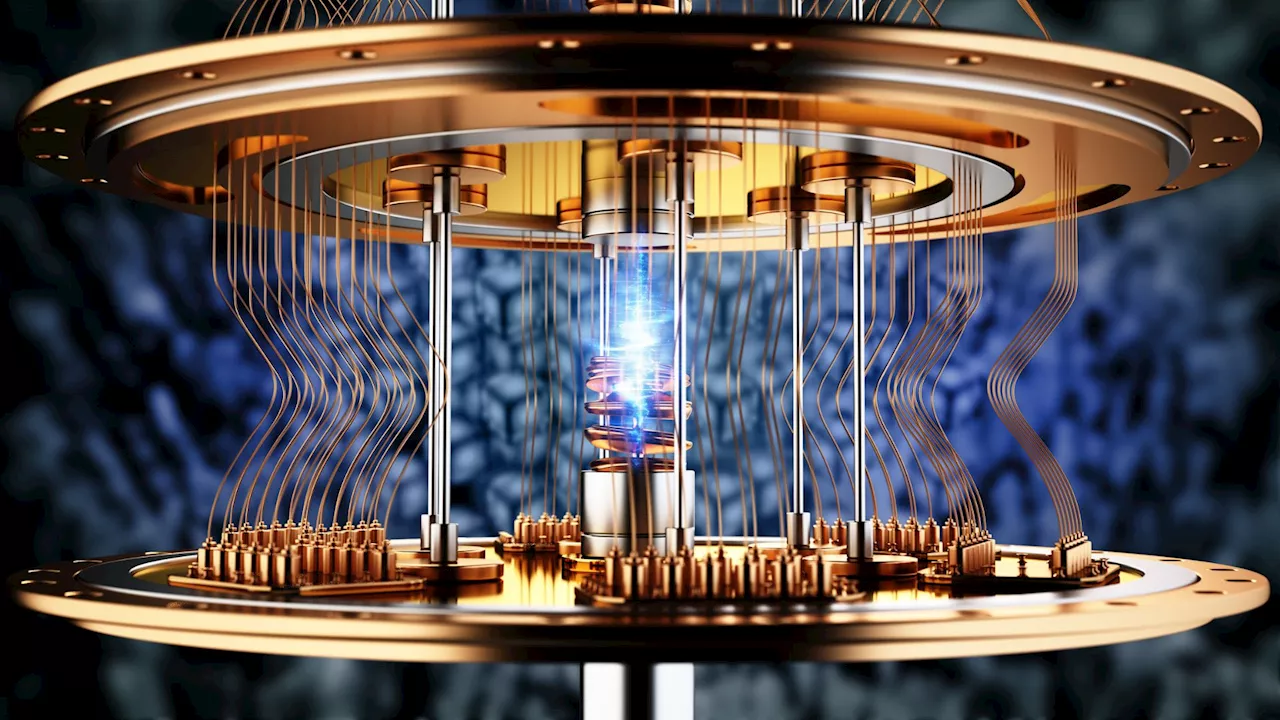Researchers have developed a method that allows a quantum computer to switch between two different error correction codes, ensuring error-free computation. This breakthrough addresses the limitations of single error correction codes and opens new possibilities for reliable quantum computing.
Just like any machine, quantum computers are prone to making errors. These errors can cause the qubits to lose their quantum states, leading to inaccurate computations. To address this problem, quantum computers rely on special protocols called correction codes. However, there is one big problem with this approach. No single correction code can ensure protection against all errors.
This is why when more than one error pops up in a quantum system, the chances of its failure increase dramatically. A team of European researchers has come up with an interesting solution to this problem. In their latest study, they reveal a method that allows a quantum computer to switch between two different correction codes. This method will ensure the system performs all computing tasks in an error-free manner. 'No single error-correcting code intrinsically supports a fault-tolerant implementation of all the gates needed for universal quantum computing. One approach for addressing this problem is to switch between two suitable error-correcting codes that in combination provide a fault-tolerant universal gate set,' the study authors note. Solving errors in the quantum world is tricky. When it comes to classical computers, errors are often fixed using methods like redundancy (storing multiple copies of data) or error-detection techniques, which compare copies of data to identify and correct mistakes. However, quantum computers face a unique challenge. You cannot copy an unknown quantum state due to a fundamental rule of quantum mechanics called the no-cloning theorem. This means quantum states cannot be saved or duplicated during calculations, making it impossible to detect errors by comparing copies of the same state. To overcome this limitation, scientists developed a different approach. Instead of copying quantum states directly, they spread the quantum information across multiple entangled qubits. This allows errors to be detected and corrected without violating quantum rules. The specific methods for distributing and protecting quantum information are described in protocols known as quantum error correction codes. These codes enable quantum computers to operate reliably by ensuring that even if some qubits are affected by errors, the overall quantum information remains intact. However, different quantum error correction codes also come with different difficulties. For instance, each code has a limit on how much noise or error it can handle. If the errors in the system exceed this threshold, the correction code won’t work. Nevertheless, a quantum system can encounter different types of errors, such as bit-flips, phase-flips, or some combinations of these. This is why no single correction code can implement all the gate operations and protect against all the errors. A dual-code approach The study authors constructed a unique quantum circuit using a full universal gate set on an ion-trap quantum computer. In this setup, they introduced fault-tolerant code-switching between two different codes and prepared 12 distinct logical states that cannot be supported by a single correction code. 'We switch between the 7-qubit color code, which features fault-tolerant CNOT and H quantum gates, and the 10-qubit code, which allows for a fault-tolerant T gate implementation. Together, these codes form a complementary universal gate set,' the study authors said. This is the first time scientists successfully demonstrated error solving in a quantum system using a combination of two correction codes. This breakthrough could contribute to the development of error-free quantum computing applications. The study is published in the journal Nature Physics
QUANTUM COMPUTING ERROR CORRECTION DUAL-CODE APPROACH FAULT-TOLERANT UNIVERSAL GATE SET
United States Latest News, United States Headlines
Similar News:You can also read news stories similar to this one that we have collected from other news sources.
 World’s first open-source trapped-ion quantum computer unveiledOQD launches the world's first open-source trapped-ion quantum computer, democratizing access to quantum technology.
World’s first open-source trapped-ion quantum computer unveiledOQD launches the world's first open-source trapped-ion quantum computer, democratizing access to quantum technology.
Read more »
 Superfast diamond-laced computer chips now much closer to reality thanks to 'quantum breakthrough'Keumars is the technology editor at Live Science. He has written for a variety of publications including ITPro, The Week Digital, ComputerActive, The Independent, The Observer, Metro and TechRadar Pro. He has worked as a technology journalist for more than five years, having previously held the role of features editor with ITPro.
Superfast diamond-laced computer chips now much closer to reality thanks to 'quantum breakthrough'Keumars is the technology editor at Live Science. He has written for a variety of publications including ITPro, The Week Digital, ComputerActive, The Independent, The Observer, Metro and TechRadar Pro. He has worked as a technology journalist for more than five years, having previously held the role of features editor with ITPro.
Read more »
 Harvard Scientists Trap Molecules for Quantum Operations, Ushering in a New Era of Quantum ComputingFor the first time, scientists have successfully trapped molecules and used them to perform quantum operations, marking a significant leap forward in the field of quantum computing. This breakthrough opens up new possibilities for building more powerful and versatile quantum computers.
Harvard Scientists Trap Molecules for Quantum Operations, Ushering in a New Era of Quantum ComputingFor the first time, scientists have successfully trapped molecules and used them to perform quantum operations, marking a significant leap forward in the field of quantum computing. This breakthrough opens up new possibilities for building more powerful and versatile quantum computers.
Read more »
 Record cold quantum refrigerator paves way for reliable quantum computersQuantum computers require extreme cooling to perform reliable calculations. One of the challenges preventing quantum computers from entering society is the difficulty of freezing the qubits to temperatures close to absolute zero.
Record cold quantum refrigerator paves way for reliable quantum computersQuantum computers require extreme cooling to perform reliable calculations. One of the challenges preventing quantum computers from entering society is the difficulty of freezing the qubits to temperatures close to absolute zero.
Read more »
BTQ Technologies Partners with South Korean Organizations to Advance Quantum InnovationBTQ Technologies, a global quantum technology company focused on securing mission-critical networks, has signed a Memorandum of Understanding (MOU) with South Korea's Future Quantum Convergence Forum (FQCF), Quantum Industrial Standard Association (QuINSA), and Future Quantum Convergence Institute (QCI). This collaboration aims to drive innovation and foster global cooperation in quantum technologies through initiatives in industrial standards, events, and industry-academic programs.
Read more »
 Quantum computers get automatic error correction for the first timeA tiny quantum “refrigerator” can ensure that a quantum computer’s calculations start off error-free – without requiring oversight or even new hardware
Quantum computers get automatic error correction for the first timeA tiny quantum “refrigerator” can ensure that a quantum computer’s calculations start off error-free – without requiring oversight or even new hardware
Read more »
